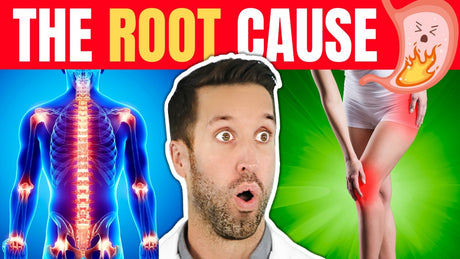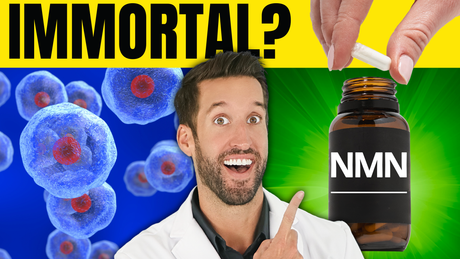Stress is something we all experience, but did you know that long-term, chronic stress can actually harm your brain and body? It’s not just an emotional burden—it can lead to physical damage that affects your overall health and well-being. Let’s dive into 8 ways chronic stress wreaks havoc on your system.
1. Stress Shrinks Your Brain
Believe it or not, chronic stress can literally shrink your brain. The hippocampus, the part of your brain responsible for memory and learning, becomes smaller under prolonged stress. Studies show that this shrinkage not only leads to memory deficits but also increases vulnerability to anxiety and depression .
2. It Kills Brain Cells
Elevated cortisol, your body’s main stress hormone, can kill brain cells, particularly in the hippocampus. Over time, high cortisol levels cause neurons to break down, leading to cognitive decline and an increased risk of neurodegenerative diseases like Alzheimer’s .
3. Stress Weakens Your Immune System
Feeling more susceptible to colds or infections during stressful periods? That’s because chronic stress suppresses your immune system. Your body diverts resources to fight stress, leaving fewer defenses to ward off infections .
4. It Triggers Inflammation
Chronic stress increases inflammation, which can damage tissues and organs. Over time, this leads to conditions like heart disease, diabetes, and autoimmune disorders. If left unchecked, inflammation can have serious long-term health consequences .
5. Stress Disrupts Your Sleep
Have trouble falling asleep when you're stressed? Chronic stress messes with your sleep patterns, often leading to insomnia or restless nights. Sleep is essential for cognitive function and immune health, so this can create a vicious cycle of more stress and poor health. If stress is keeping you up, try Do Not Disturb, a supplement formulated with magnesium, passionflower, and L-theanine to promote restful sleep.
6. It Damages Your Heart
Stress can take a toll on your heart by raising blood pressure and cholesterol levels. Over time, chronic stress increases the risk of heart disease, heart attacks, and strokes .
7. It Alters Your Mood
Chronic stress affects your brain chemistry, specifically serotonin levels, which regulate mood. This can make you more prone to anxiety, irritability, and depression. Managing stress is key to balancing your mood and protecting your mental health .
8. Stress Slows Down Digestion
Ever feel nauseous or bloated when you're stressed? That’s because stress redirects blood away from your digestive system, slowing down the digestion process. Chronic stress can lead to stomach cramps, bloating, or more severe digestive issues like irritable bowel syndrome (IBS) .
How to Manage Stress: Tips and Supplements for Relief
Managing stress is crucial to maintaining your overall health, and there are several effective strategies you can incorporate into your daily routine:
- Exercise regularly to boost endorphins and improve mood.
- Practice mindfulness with meditation or deep breathing to calm your mind.
- Eat a balanced diet rich in nutrients that support brain health.
- Prioritize sleep by establishing a consistent bedtime routine.
If you’re looking for extra support, consider trying Chillax, a stress support supplement from Life Happns. It’s packed with calming ingredients like Niacinamide, L-theanine, and Saffron Extract, all designed to help reduce occasional stress and anxiety.
Conclusion
Chronic stress may be unavoidable, but it doesn’t have to control your life. By incorporating stress management techniques and the right supplements, you can protect your brain and body from the harmful effects of stress. Chillax and Do Not Disturb from Life Happns offer effective support for managing occasional stress and improving sleep quality.
-
Studies & References:
- Molecular Brain – Chronic Stress and Brain Shrinkage
- Neuroscience News – Chronic Stress and Neuron Damage
- EatingWell – Stress and Inflammation
- Cleveland Clinic – Stress and Heart Health
All information on the Life Happns website is for informational purposes only, and is not intended to be used for medical advice, diagnosis, or treatment. Always seek the advice of your physician or other qualified health provider with any questions you may have regarding a medical condition or before starting any new supplement or health regimen.








